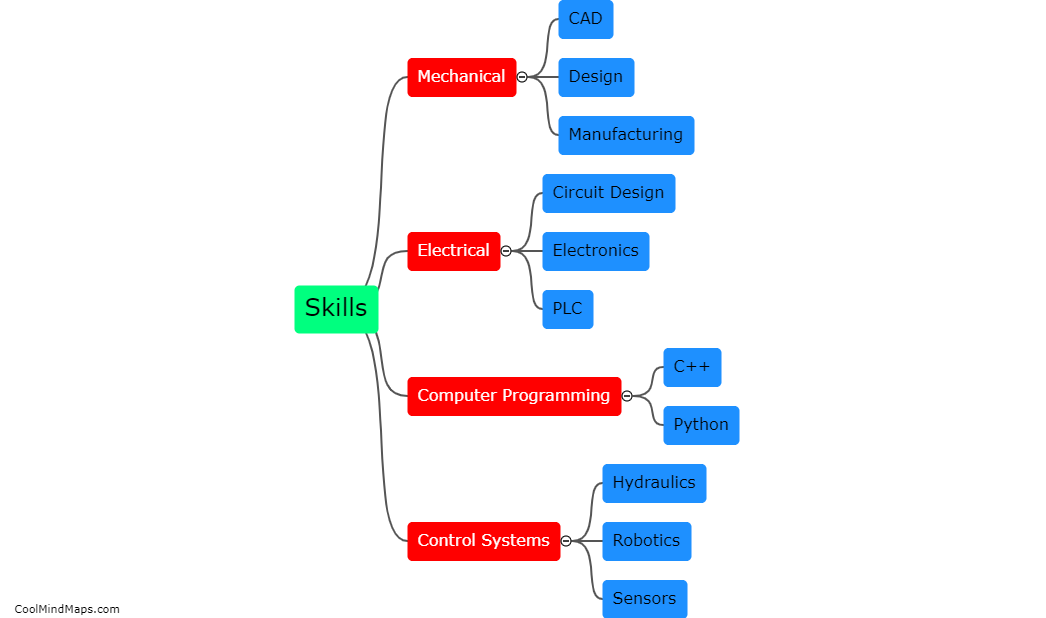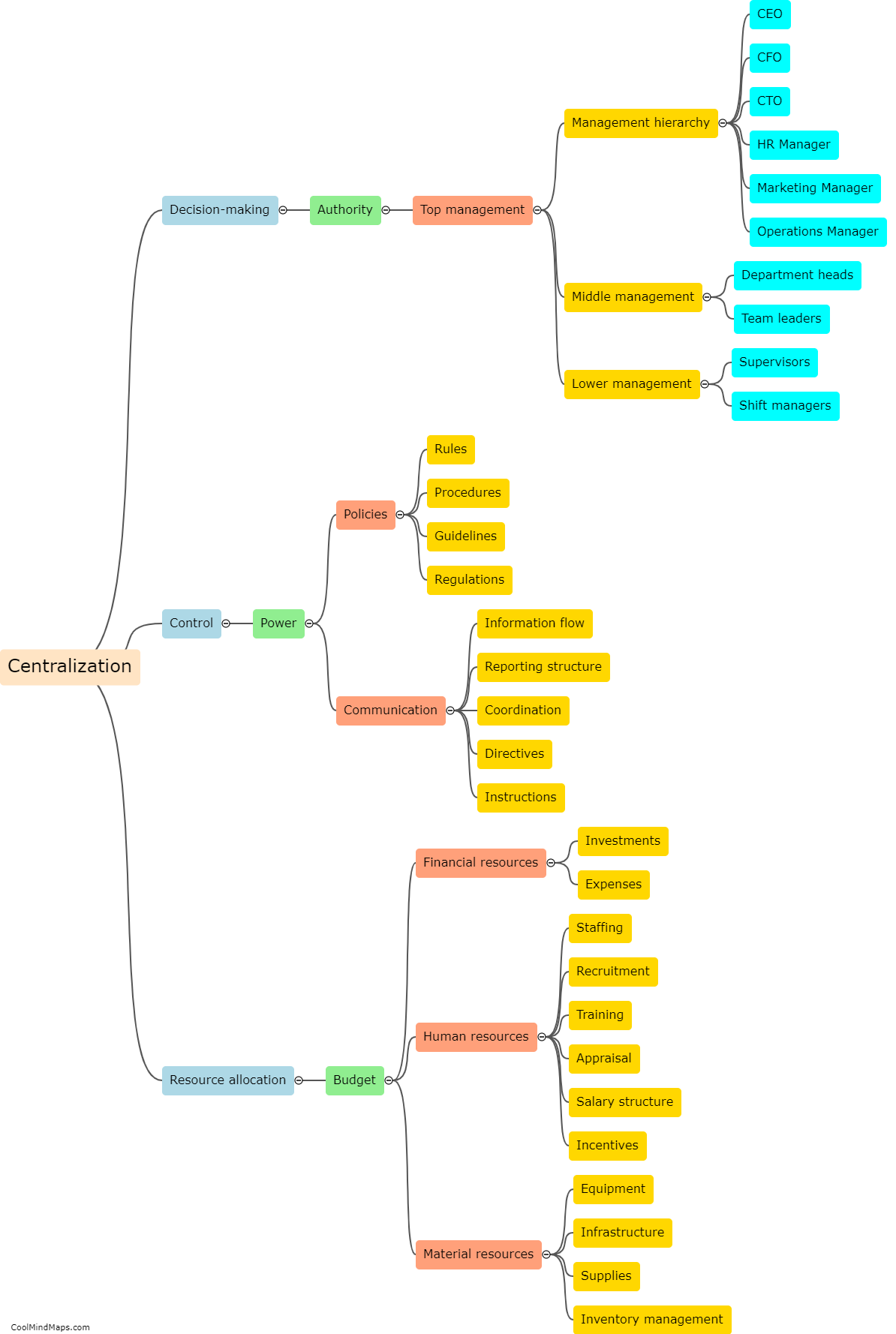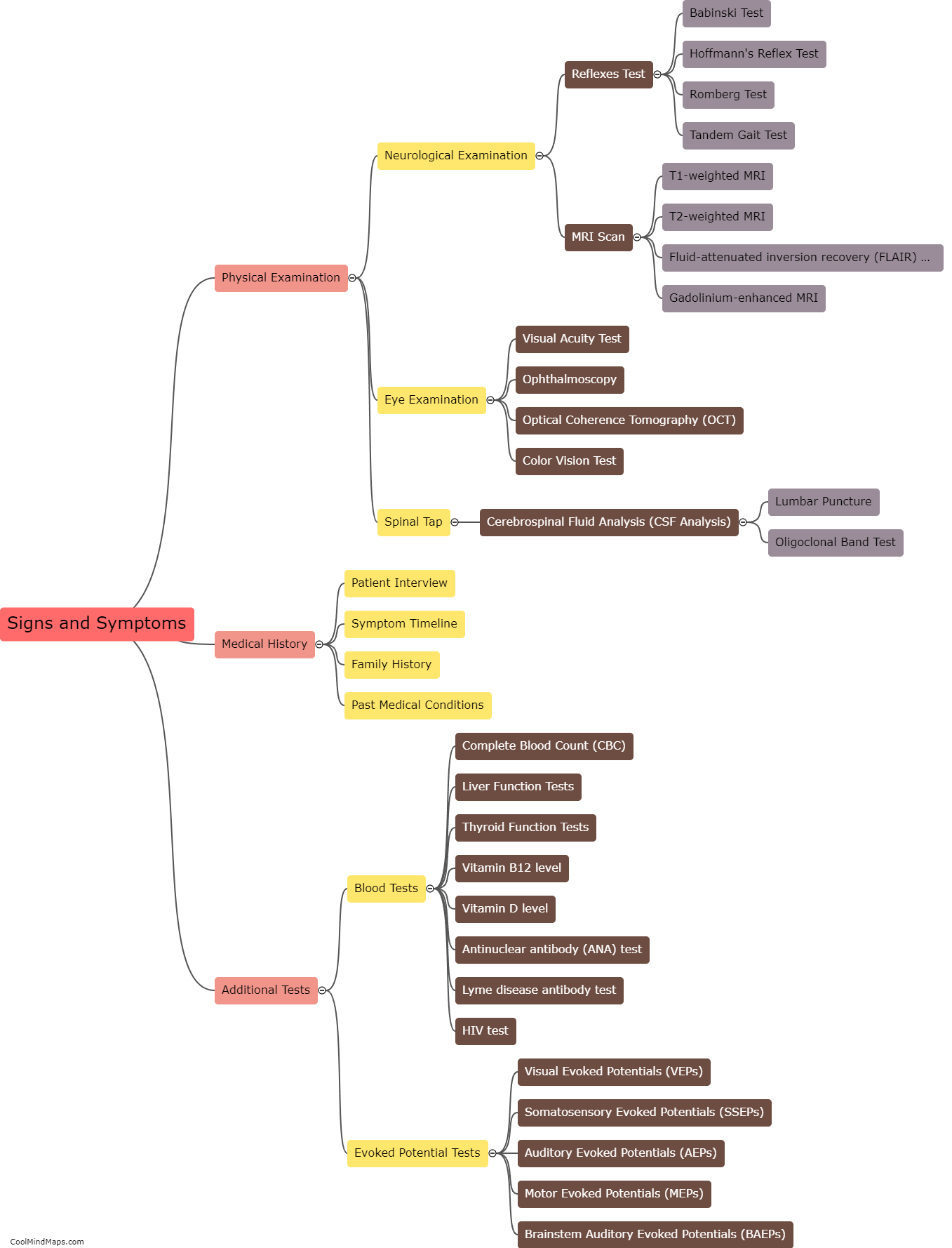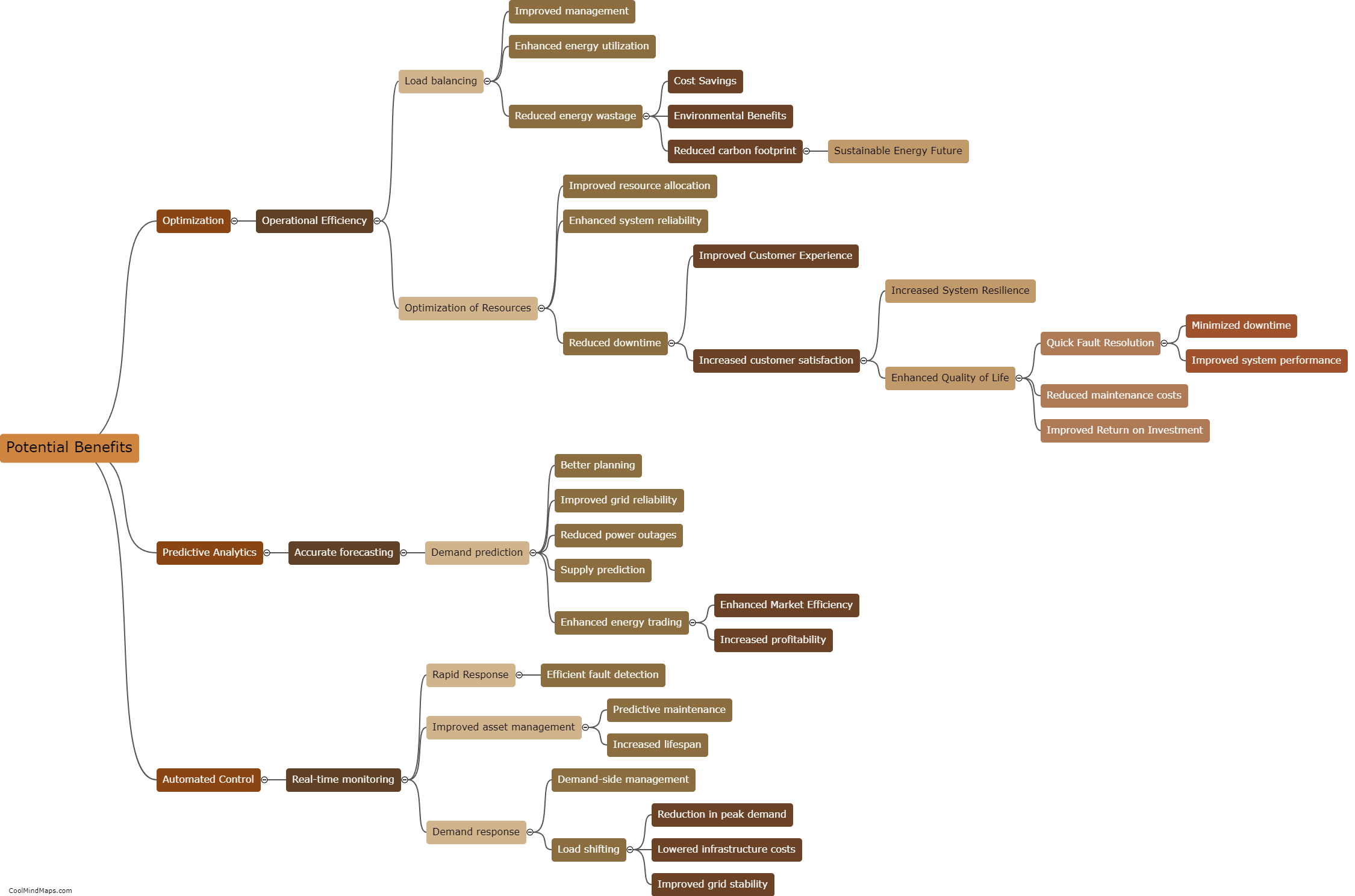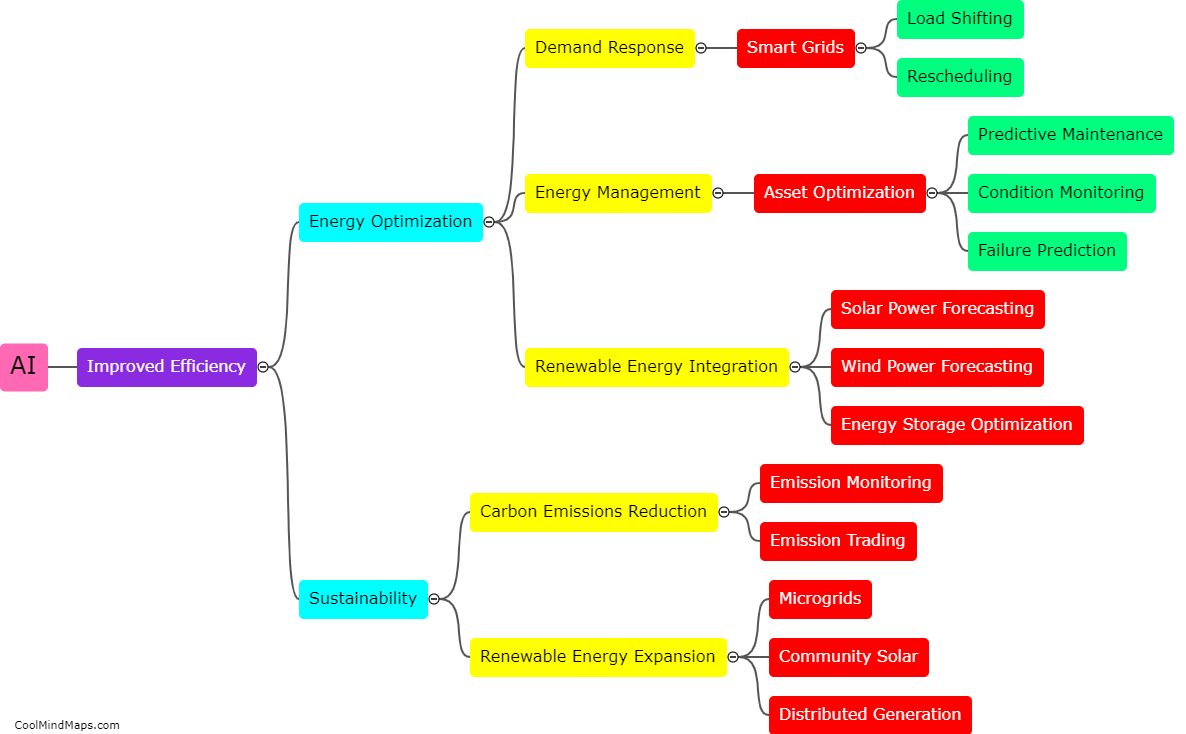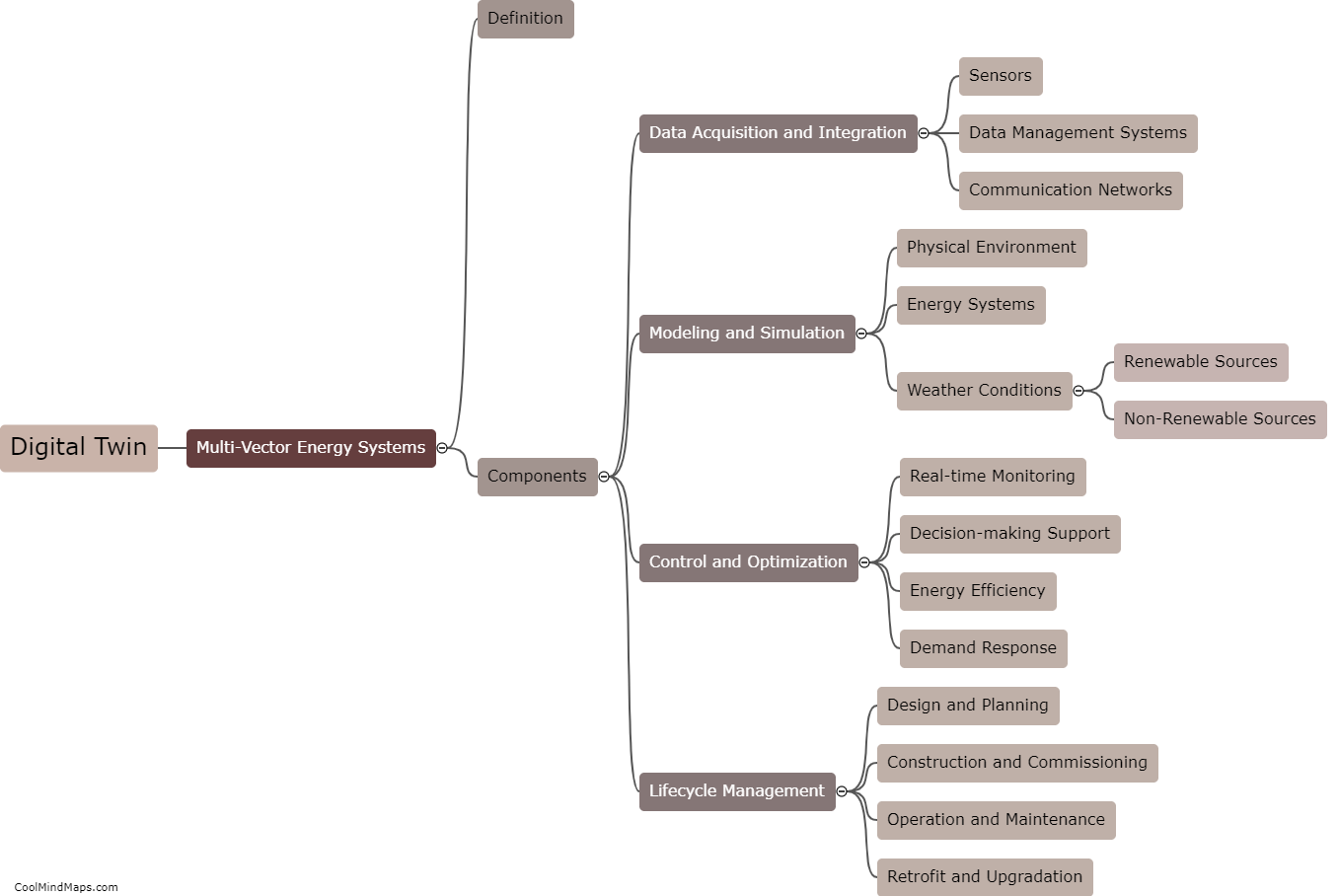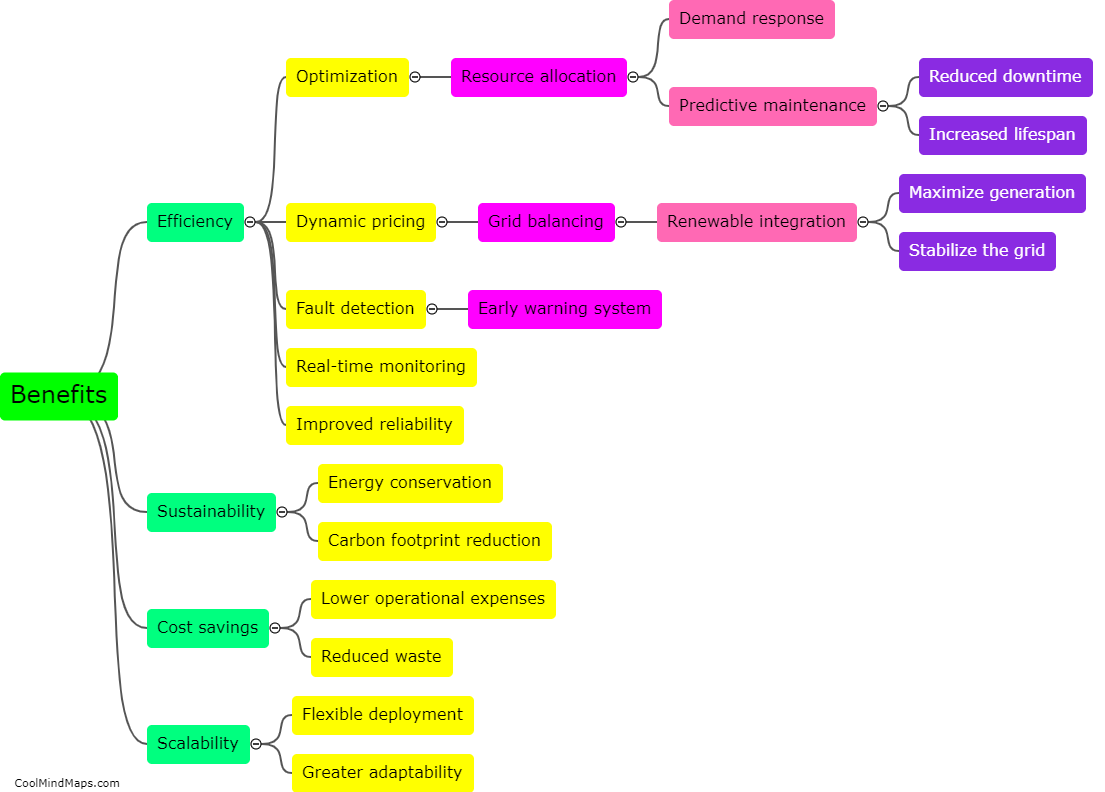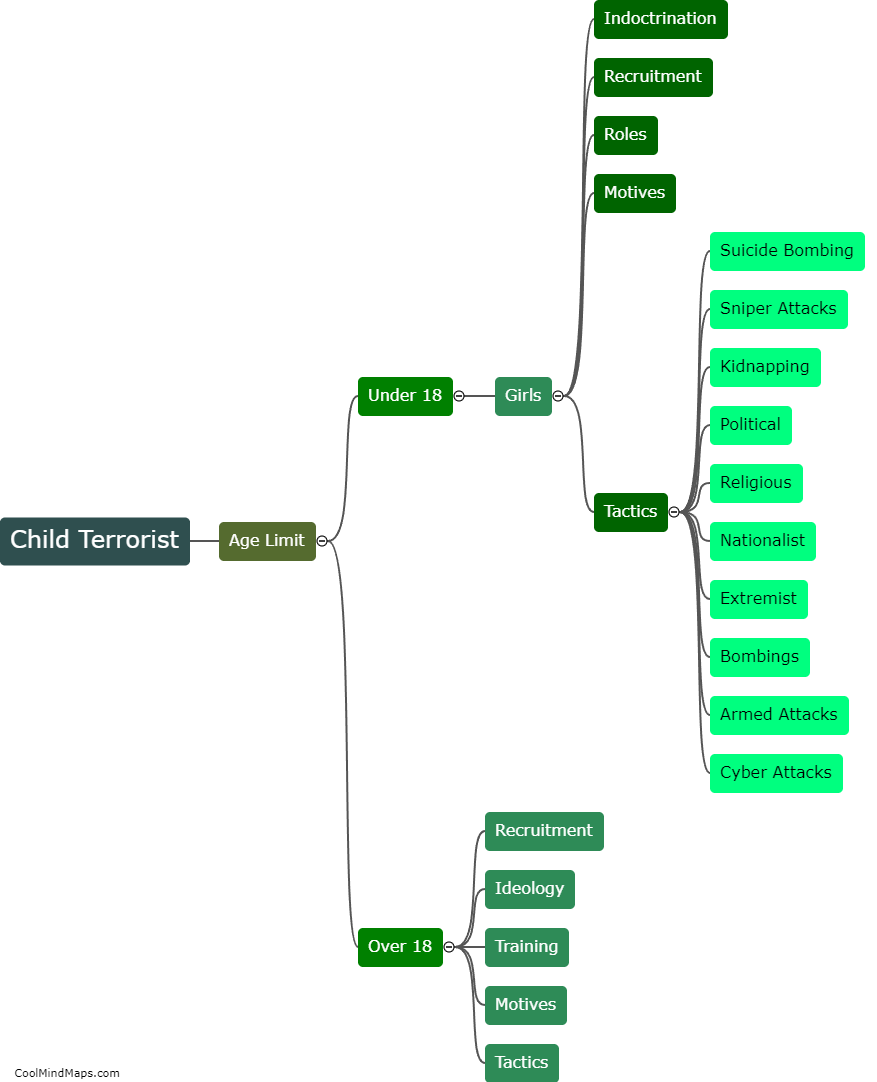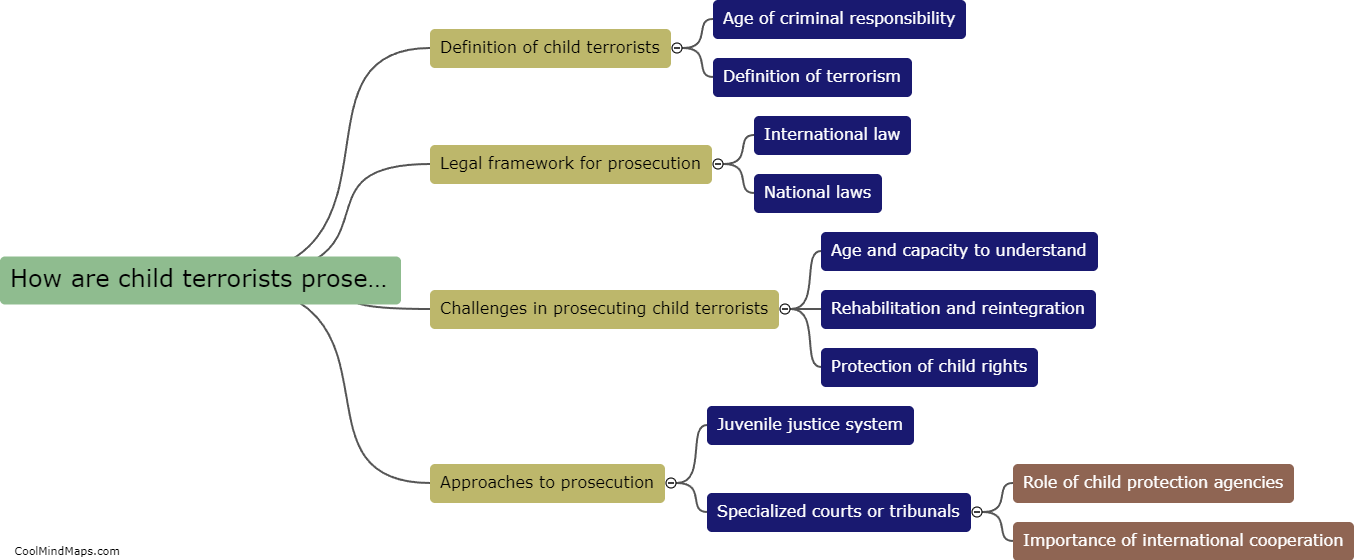What are the challenges of implementing AI digital twins in multi-vector energy systems?
Implementing AI digital twins in multi-vector energy systems presents several challenges. Firstly, there is a need for accurate and comprehensive data collection across diverse energy vectors such as electricity, gas, and heat. This requires extensive integration and synchronization of data sources, which may be complex and time-consuming. Secondly, the interoperability of various AI models and algorithms becomes crucial to handle the complexity of these systems. Ensuring seamless communication, data sharing, and coordination between different AI models is essential for effective decision-making. Additionally, the security and privacy of data become critical concerns as multiple stakeholders, including energy providers and consumers, may have access to sensitive information. Safeguarding data integrity and protecting against cyber threats is vital to building trust and ensuring the successful implementation of AI digital twins in multi-vector energy systems.
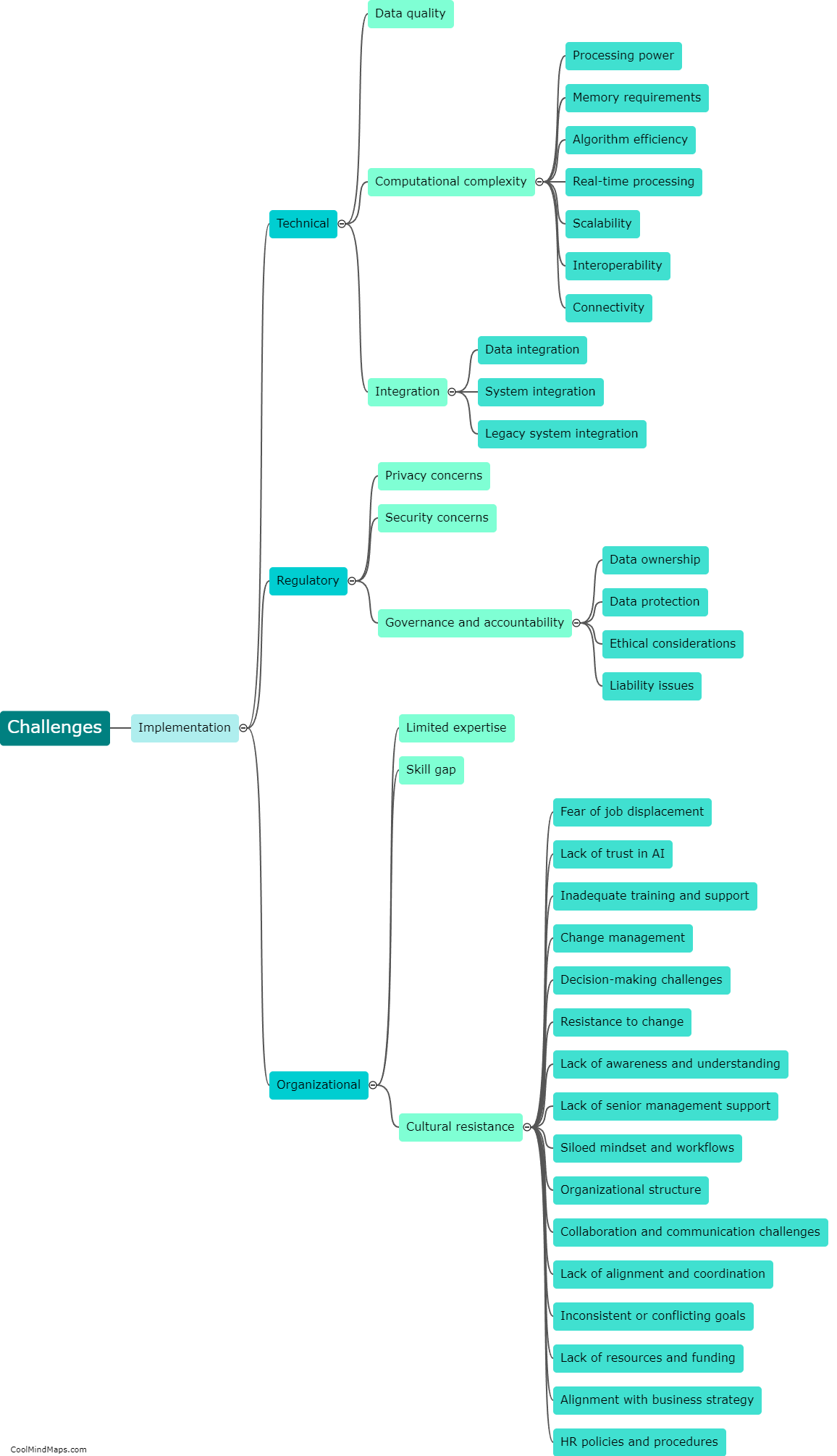
This mind map was published on 26 October 2023 and has been viewed 97 times.
